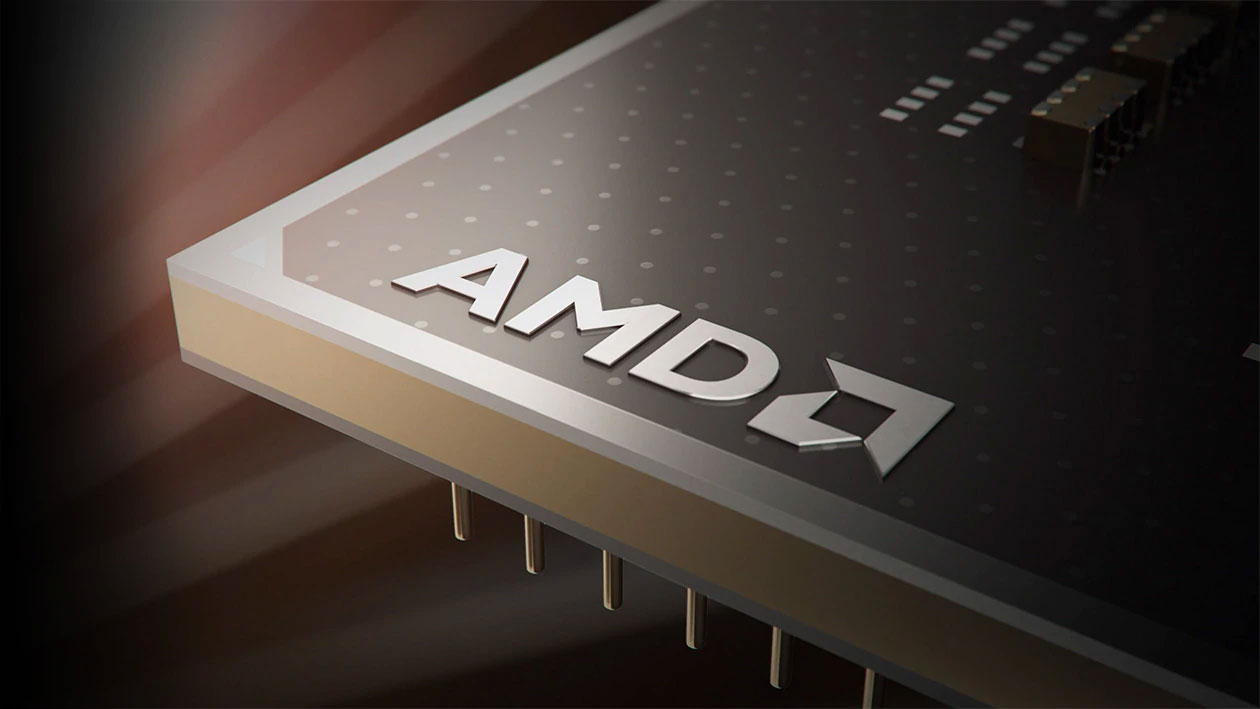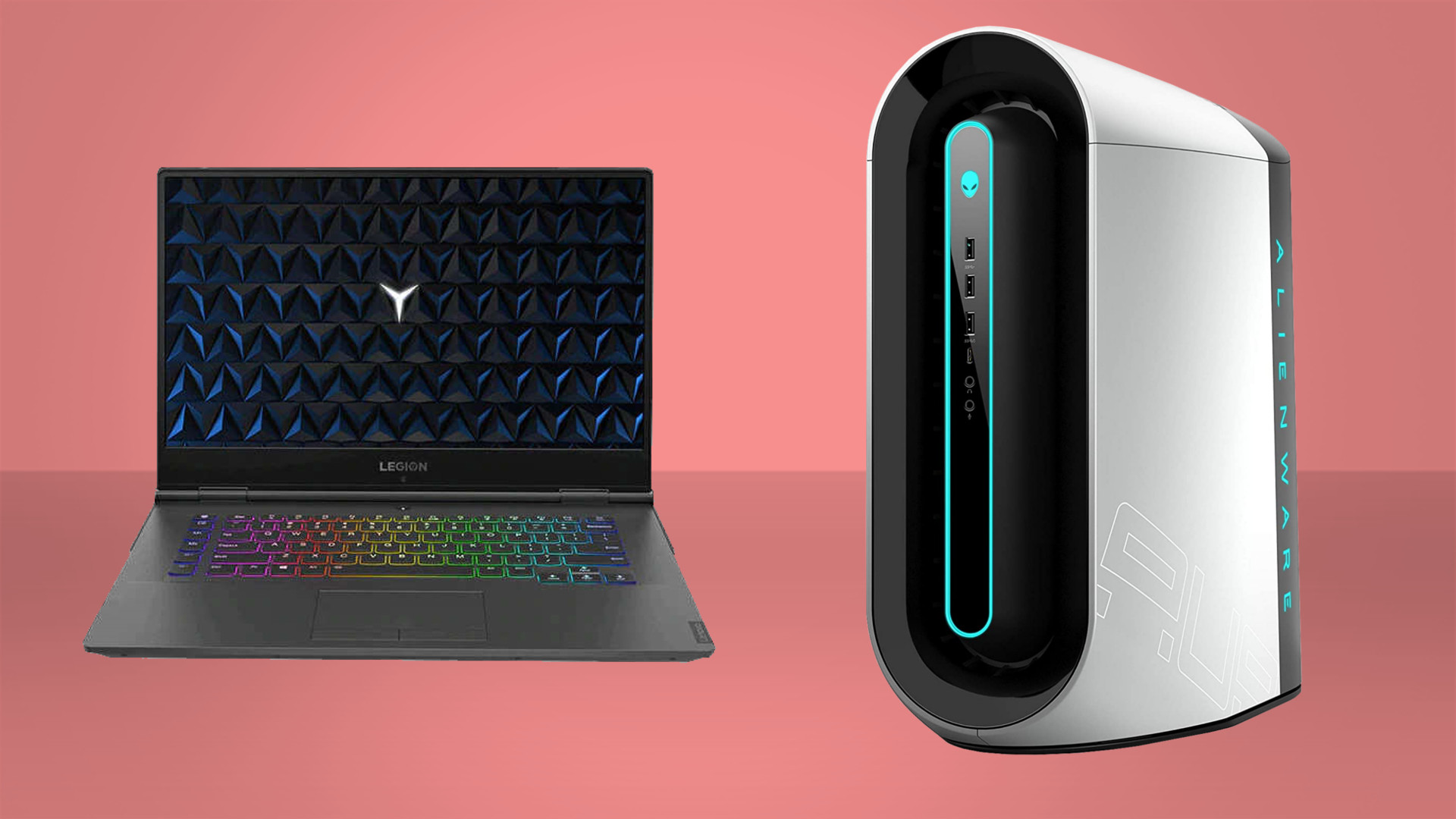Microsoft corrects its Windows 11 minimum PC requirements, and makes us sad
It's TPM 2.0 or nuthin' people. Like it or lump it.

This story has been updated in light of Microsoft updating its guidance on the necessity of TPM 2.0 in its minimum hardware requirements, and subsequently the potential for Insider builds of Windows 11 to run on older AMD and Intel hardware.
Microsoft's Windows 11 does not explicitly support first-gen AMD Ryzen CPUs. But then nor does it support any Intel processor made before the Coffee Lake generation. So anything from the Ryzen 1000-series or 7th Gen Kaby Lake range isn't listed as a win for Windows 11.
Originally we were recommending you put away the pitchforks as there were some caveats to this seeming CPU exclusivity. But after an update from Microsoft it might actually be time to pick up the flaming torches, pull out those farming implements, and start the long trek to Castle Frankenstein Microsoft.
Though Microsoft has once more issued a correction based around the release of the first Windows 11 Insider Preview build, and its potential to support first-gen Ryzen and 7th Gen Intel CPUs. Which clarifies absolutely nothing...
Microsoft updates the Compatibility Cookbook
The lists of supported Intel and AMD processors for Windows 11 are long, but not exhaustive. Originally it seemed as though this was the difference between something Microsoft called the 'hard floor' and the 'soft floor' in its Windows 11 Compatibility Cookbook.
That's the difference between definitely not being able to install Windows 11 and just not being advised to.
But late on Saturday Microsoft updated the page "to correct the guidance around the TPM requirements for Windows 11" and to remove all talk about hard and soft floors. Instead it simply reads:
The biggest gaming news, reviews and hardware deals
Keep up to date with the most important stories and the best deals, as picked by the PC Gamer team.
"In order to run Windows 11, devices must meet the hardware specifications. Devices that do not meet the hardware requirements cannot be upgraded to Windows 11."
In its defence, that page does now give one definitive set of minimum hardware requirements for Windows 11, but the fact it's doubled down on Microsoft's assertion that the TPM 2.0 spec was an absolute must if you wanted to get yourself some sweet next-gen OS action is a little saddening.
The announcement of Windows 11 has been met with both interest and consternation. On the one hand, the excruciatingly earnest 'What's Next for Windows' livestream showed us a vision of Windows 11 as an open, good-looking update to Windows 10, with more than a penchant for gaming. And it's effectively free.
On the other, we had a Windows 11 Health Check app that seemed to be telling PC gamers, with monstrously powerful rigs, that their machines weren't up to the task of running Microsoft's next-gen operating system.
So having a long list of supported CPUs, that seems to miss out any silicon not born longer than four years ago, is just another knife in the heart.

Best gaming PC: the top pre-built machines from the pros
Best gaming laptop: perfect notebooks for mobile gaming
We've offered some help to those struggling with the Health Check app—hint: it's probably the TPM 2.0 switch in your BIOS. It's still worth mention that just because you're still rocking an unlisted eight-core, 16-thread Ryzen 7 1800X or quad-core, eight-thread Core i7 7700K, that doesn't mean Windows 11 won't run on your rig.
There will likely be workarounds, and we're still hopeful that Microsoft rows back a little on this entry requirement, because if it's limiting gaming features to Windows 11, and refusing to add them to future Windows 10 updates, then a lot of gamers stand to miss out.
What are the minimum PC requirements for Windows 11?
In order to run Windows 11, devices must meet the hardware specifications. Devices that do not meet the hardware requirements cannot be upgraded to Windows 11.
- Processor: 1 gigahertz (GHz) or faster with 2 or more cores on a compatible 64-bit processor or System on a Chip (SoC)
- RAM: 4 gigabyte (GB)
- Storage: 64 GB or larger storage device
- System firmware: Trusted Platform Module (TPM) version 2.0
- Graphics card: Compatible with DirectX 12 or later with WDDM 2.0 driver
- S mode is only supported on Home edition of Windows 11. If you are running a different edition of Windows in S mode, you will need to first switch out of S mode prior to upgrading.

Dave has been gaming since the days of Zaxxon and Lady Bug on the Colecovision, and code books for the Commodore Vic 20 (Death Race 2000!). He built his first gaming PC at the tender age of 16, and finally finished bug-fixing the Cyrix-based system around a year later. When he dropped it out of the window. He first started writing for Official PlayStation Magazine and Xbox World many decades ago, then moved onto PC Format full-time, then PC Gamer, TechRadar, and T3 among others. Now he's back, writing about the nightmarish graphics card market, CPUs with more cores than sense, gaming laptops hotter than the sun, and SSDs more capacious than a Cybertruck.

